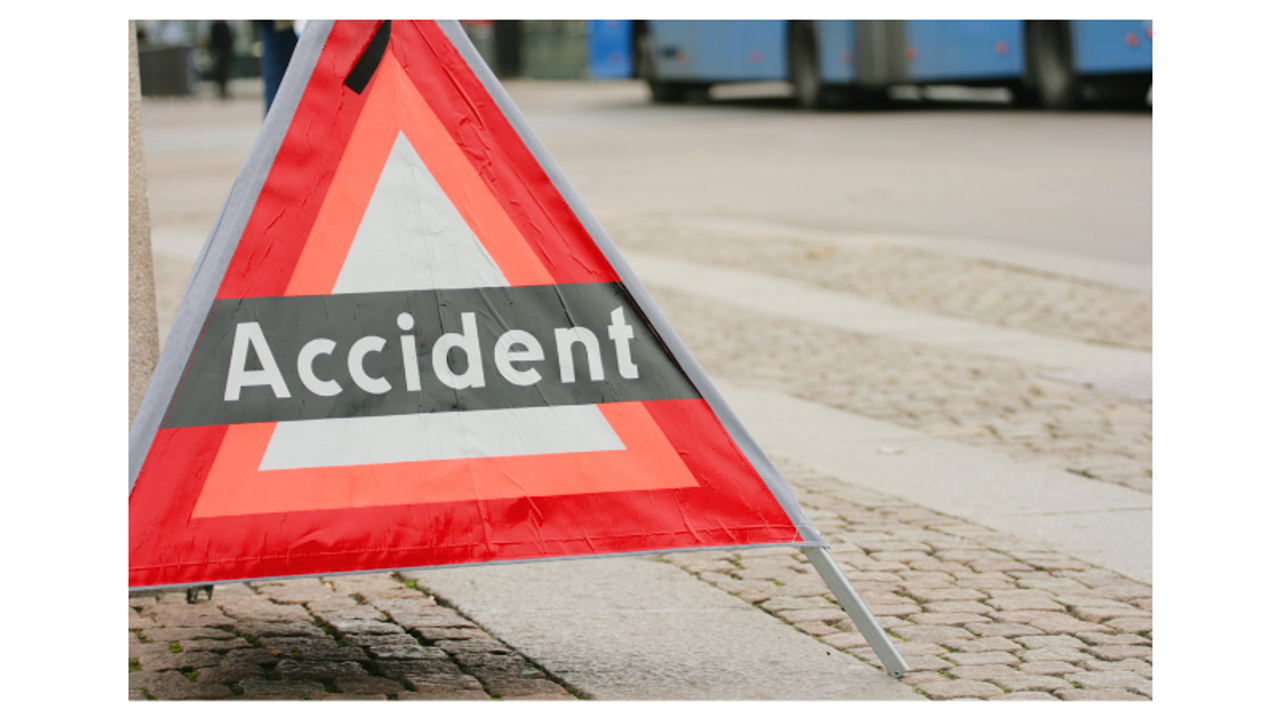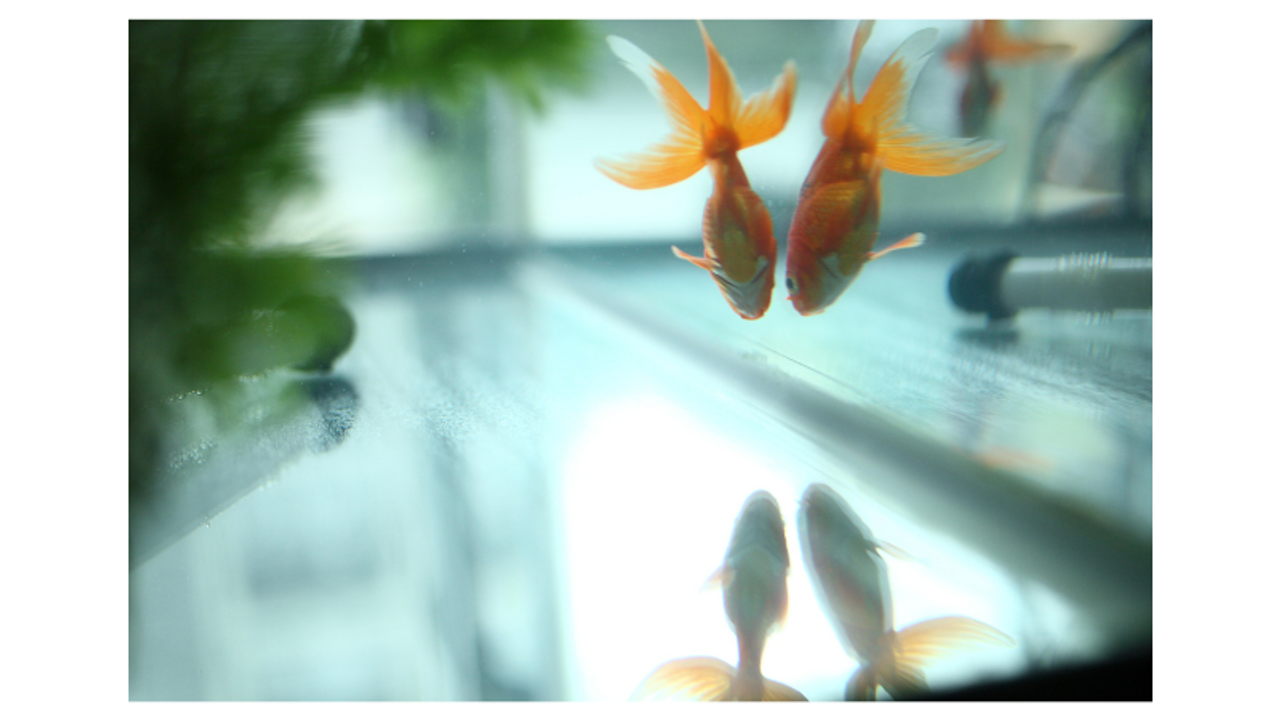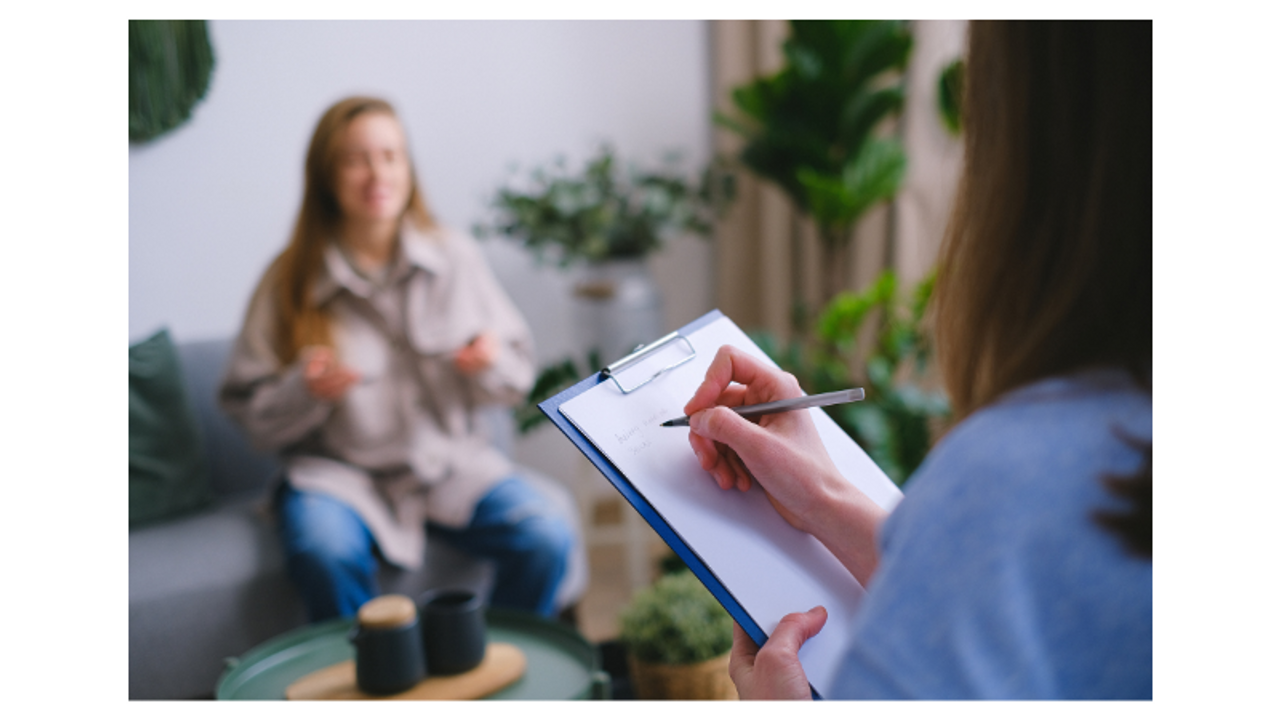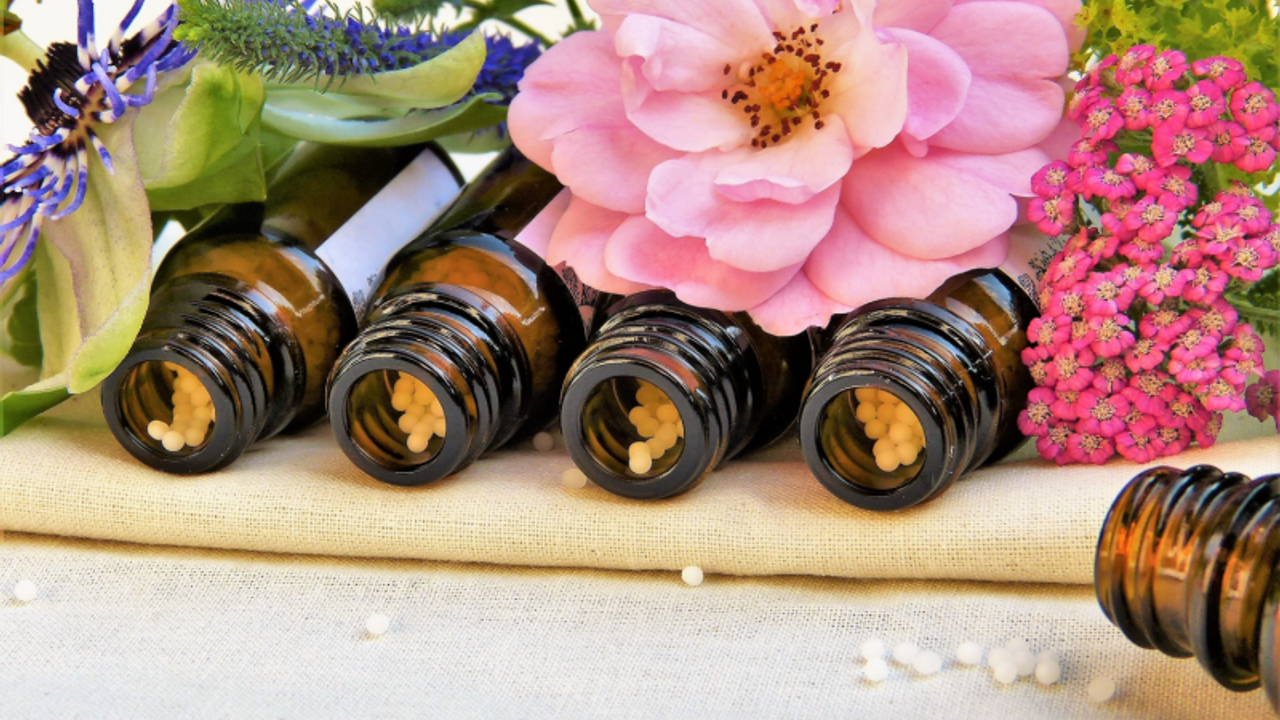Homeopathy Tips Newsletter
Homeopathic Prescribing in Stages of Health

There are three main stages of health that any individual may express. The first stage is good health which would indicate constitutional homeopathic prescribing. The second stage would be more acute/chronic where pathology has taken over. And the third stage is shortly before death. It is good to understand these stages of health when doing any evaluation of your client.
The first stage of health is the stage that most homeopaths are prescribing for. This is the stage where the person is in fairly good health and looking for better health. They may have occasional colds or flu and some aches and pains but is in fairly good health with strong vitality. This is where prescribing becomes for the person in their totality and the homeopath is looking for patterns in the person's life that may lead to a very good homeopathic remedy. At this stage, it is very important to do good homeopathy although the person does not depend on the results to maintain a healthy or happy life. This is the s...
Approaching Death With Homeopathy

As homeopaths, our highest goal is to cure in a gentle way without causing harm. Many times we see miracles of healing. To expect to save a life is a very real expectation for homeopaths. Yet we do not get to choose the length of a person's life or whether they heal or not. Even the best of homeopathy may not always save a life. How then do we treat a person when death is approaching?
There are really only two ways that death comes to visit us; suddenly by trauma or slower as a result of dis-ease. When we are involved in a trauma that is life-threatening always give remedies based on the trauma. If it is not the person's time to leave their life then all attempts to save their life will be utilized by the vital force. Since we do not get to choose it is always best to continue to treat until death does occur. The remedy that may help the best will be for the trauma.
The other way that death can approach is when dis-ease has finally brought the person to their end days. This is a diff...
Accidents From a Homeopathic Perspective

"It was an accident," she said. How often do we hear words similar to this? In case-taking I hear them more often than you can believe. Yet from where I sit as the Homeopath, I do not believe there are any accidents.
When I hear someone say they had an accident I really pay attention to what was happening to them before and after the accident as well as the details of their story. More often than not there will be a thread of this story that came to a head during the accident and the energy of this accident was with them all along.
We might say that it is a random chance that two individuals would walk around a corner and bump into each other. A random act we usually do not take notice of. When two individuals traveling in cars at high-speed bump into each other we notice this very much because the consequences are much greater. When events like this happen I see them as a wake-up call. It is time to stop and look for patterns in life that lead to the big "event".
It takes two indiv...
Heilkunst, or Organon of the Art of Holy Healing in Homeopathy

All of us in the English-speaking world know that Hahnemann's Organon of Medicine is the bible for the practice of homeopathy. The unfortunate thing we do not appreciate is that the Organon was written in German and has been translated into English. Much has been lost in these translations. I have a copy of Hahnemann's Organon der Heilkunst written in German and after a very good question posed by one of my students have investigated its true meaning.
Heilig in German translates to "spiritual" or "holy". Heilen translates to "healing". Kunst translates to "art". So the best translation may be close to "spiritual or holy healing art". It is far more than just "healing art". Other translations I have read are "art of salvation or holiness".
It is no accident that Hahnemann chose this as the title for his life's work. He was very precise with his words. He understood the real meaning of health, disease, and cure. Many times he uses the word spiritual in his aphorisms. Most of the ...
Obstacles to Cure in Homeopathy

Many times after giving the correctly chosen homeopathic remedy we may see a response but not the results we may expect. It can be difficult to ascertain whether the remedy is really working or whether there is an obstacle to cure. We must investigate closely the conditions for healing in the home as well as any medicinal substances the person may be taking. Homeopathic management in this modern drugged society can be difficult indeed.
It is best before ever evaluating the remedy to evaluate the client and determine the obstacles to cure. There is often drug therapy that the person has been on for their malady. This will make your job significantly more difficult, but not impossible. If the person is on 3 drugs there is a 50% chance that there will be a new symptom that is a result of the drug therapy. If the person is on 5 or more drugs it is a 100% fact that there will be a new symptom as a result of the body's response to the combined drug effect. This is a major obstacle to...
Synchronicity in Homeopathy

Many times in a person's story they will speak about events in their life that seem to defy all odds of occurrence. When this happens we usually say that there was some synchronicity. That two currents of life flowed together to form a larger and succinctly timed event. If the event has a negative connotation we usually say it was an accident. But if the event has a more positive or serendipitous quality, then we say it was an event of synchronicity.
These events happen more often than we may think. Many times they occur with such common and everyday matters they may go unnoticed. If we were more aware of our everyday thoughts and actions we may very well see how the universe is supporting us perfectly all of the time. Often after taking homeopathic remedies and experiencing a healing response, we become more aware of our life and thoughts and will make more connections in our daily lives. For someone who has not experienced this before it will be very remarkable. They will tel...
"No Mans Land" in Homeopathic Healing

Last week I went over one of the changes that begin to occur as a person heals. This is the state of being in the “Observer”. Another stage of a person's healing that can be a little disconcerting is when the person is changing so fast that everything about their life seems different. This is the main indication of knowing they have entered “No Mans Land”.
“No Man’s Land” is usually very uncomfortable for most people. As they have moved into the observer they become more aware of their interactions with others. Sometimes established relationships will change dramatically as the person becomes more aware of the unhealthy ways they have related in the past. Many times significant relations with family and friends will shift and the person sometimes makes the comment, “How did I get here?” This is one of the most common comments I hear when a person is in this stage of their healing. They are seeing their world differently and the old ways the dis-ease spoke through them are leaving them...
The Art and Science of Homeopathic Prescribing

There are two aspects of Homeopathy that seem to be diametrically opposed to each other but are absolutely necessary for Homeopathy to work. These are the "art" and the "science" that must be brought together to form a whole picture of dis-ease and the correct selection of the remedy. At first glance, it seems as though it would be impossible to marry the two. But careful investigation as to the true meaning of these different aspects can bring homeopathy to the level Hahnemann himself experienced.
I speak often about "seeing the case". This is where the "art" part of homeopathy comes in. The ability to be free of prejudice and let the client "paint the picture of their dis-ease". It is much like art appreciation; where there is nothing to judge about the work of art but to simply take it in and allow it to create the feeling inside. The difference is that it is most detrimental to follow feelings when case-taking. Feelings are usually your previous experiences and it is not good to g...
Handling the First Follow-up in Homeopathy

When we have given a remedy, how do we know that it has worked? How do we know that the well-selected remedy that was given with confidence, is right?
The first follow-up is as important as the original case-taking. When we have given a remedy it is essential to determine if the remedy has worked. This can present problems at times. The client does not always report in glowing terms that the remedy has been helping. Sometimes it takes a bit of investigation to find out what has happened since they have been on the remedy. This is where good notes from the original case are essential. We must be able to investigate whether the vital force has responded or not.
I find that the first follow-up is best scheduled for around 4-6 weeks after the initial visit unless there is a very serious condition that is needing more attention. It is best to conduct the follow-up in a similar fashion to case-taking. Let them speak. Many times they will tell you that the remedy has had no effect but when ...
Potency and Homeopathy

Homeopathy, based on the "Law of Similars", makes the selection of the remedy one of the most difficult tasks for homeopaths. But the question of potency is also one of the big hurdles for homeopaths as well. What are the rules for potency selection? How do we decide what potency to select? There are probably as many opinions as there are homeopaths, but I want to share with you my thoughts. Please include your own below.
Hahnemann explains potency in Aphorism 29 of the Organon. " ....so in every homeopathic cure this principle of life dynamically altered by natural disease is seized through the administration of a medicinal potency selected exactly according to symptom-similarity by a somewhat stronger, similar artificial disease-manifestation."
What Hahnemann is saying is that the properly selected homeopathic remedy must be given in a potency that is slightly stronger than the dis-ease expression of the vital force. How do we determine what potency is best for any given expressio...

